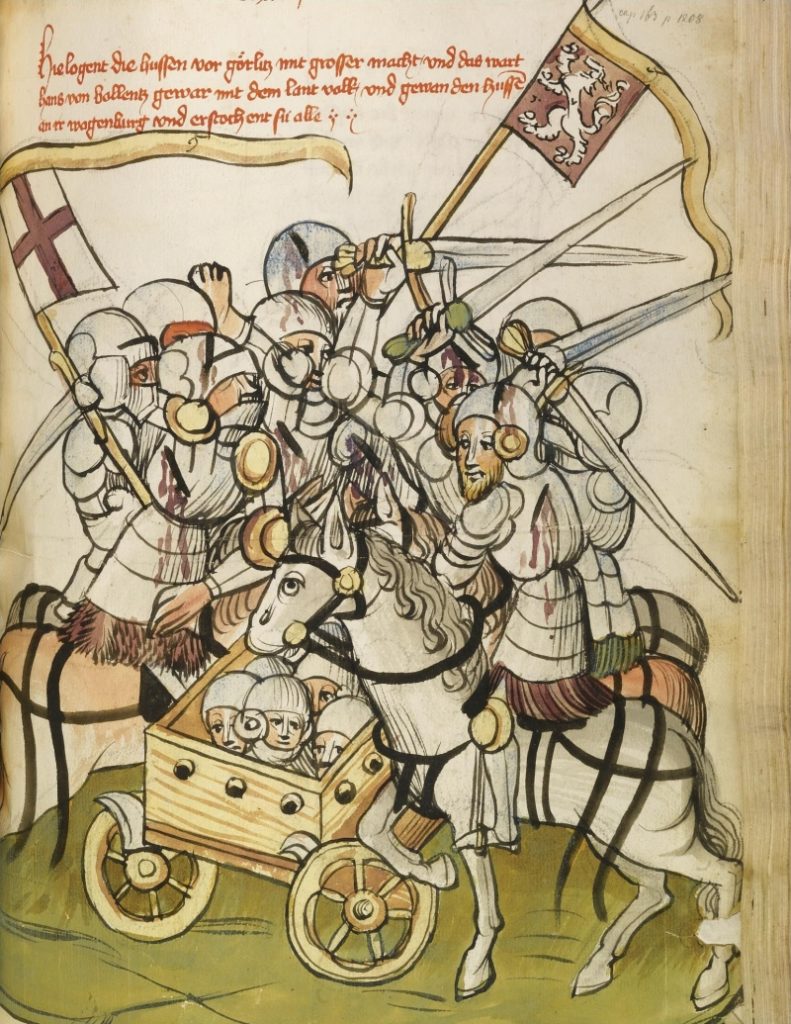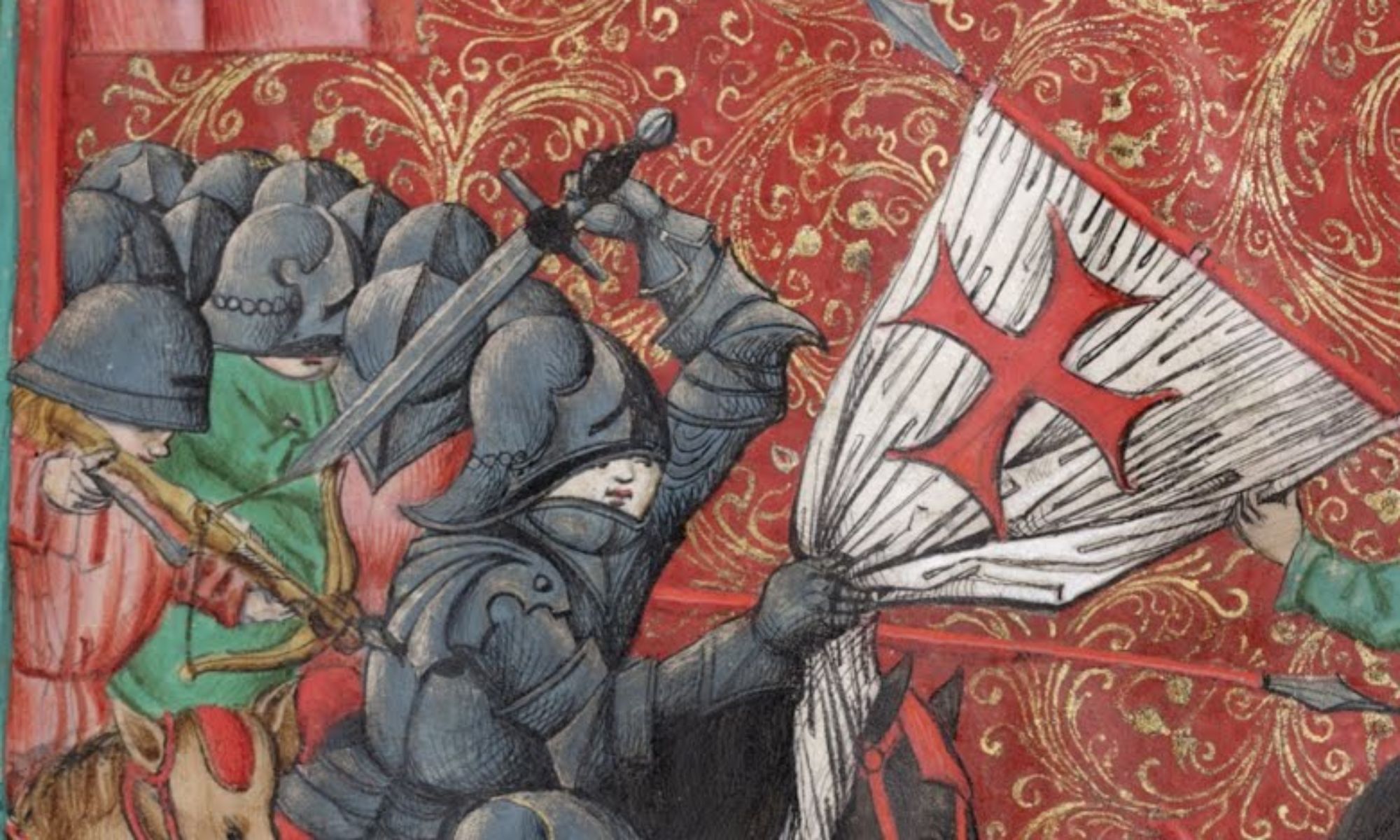
During the fourth biennale of MECERN in Gdansk (“Networks – Cooperation – Rivalry”; 7–9 April 2021, online), the EXPRO team participated with two panels and three individual papers. The two sessions organised by CMS aimed to explore medieval historiographic writing as an instrument of, and reflection on, contemporary conflicts (Dealing with Conflicts in Medieval Historiography I-II).
The first panel dealt with the constructed image of disputes in Central-European chronicles, from 10th century Saxony until 15th century Bohemia. The panel’s central question was to interrogate how conflicts among particular groups (nations or dynasties etc.) were processed on the discursive level. In it, Daniel Ziemann (CEU Budapest/Vienna) focused on the reflection of the conflict with “barbarians” at the eastern border of the German kingdom in the chronicle of Widukind; Arthur Pérodeau (Prague-Paris) focused on the chronicle of Cosmas, which he analysed as a mirror for bishops; Vojtěch Bažant (Prague) analysed the nationalistic features in the chronicle of the so-called Dalimil, which he tried to read outside of its historical context. The second session sponsored by CMS offered two papers on the same theme. Václav Žůrek (Prague) dealt with two chronicles written on the request of Emperor Charles IV and analysed how old conflicts were presented in them. The second speaker, Grischa Vercamer (Chemnitz), focused on how the conflict between Poland and the Teutonic Order was presented in contemporary German chronicles.
In addition, in the session “The Papacy and the Local Church”, Dušan Coufal spoke about the possibilities of negotiation between the Roman Church and Hussites in the 1430s; Pavlína Cermanová focused on the reception, circulation, and dissemination of the Secretum Secretorum among the academic milieu in the session “Literary Networks”; in the session “For or against the Pope?”, Pavel Soukup presented his research on preaching material connected with the Anti-Heretical Campaign in Central Europe (1420–1471).
